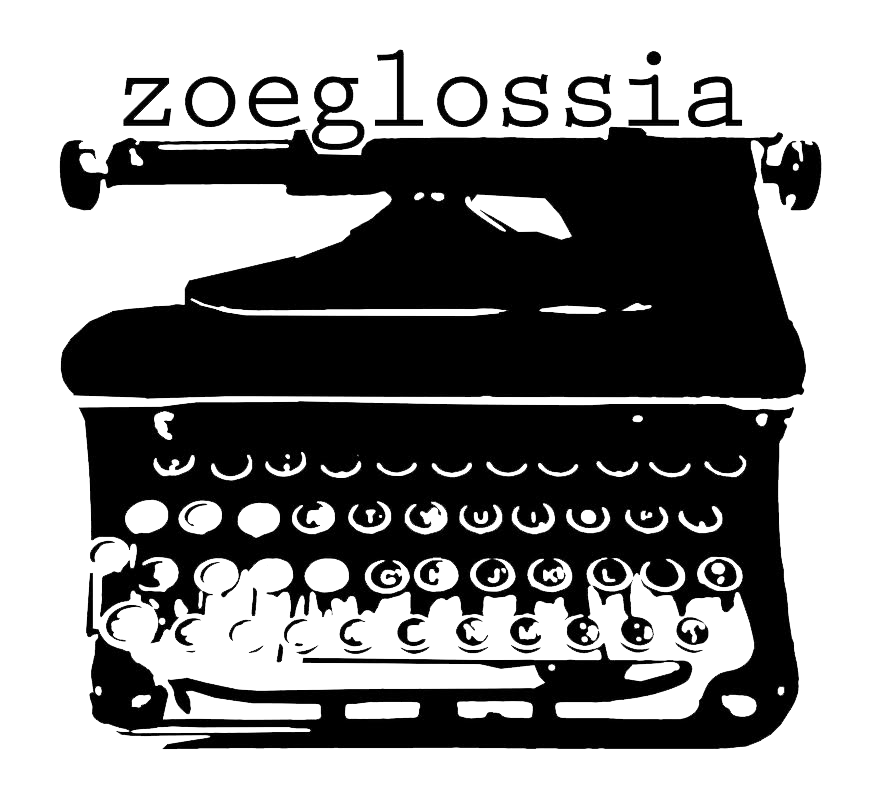February 2022
Zoeglossia Poem of the Week Series: Decolonizing Disability Poetics
Curated by Urayoán Noel
Welcome to February’s Zoeglossia Poem of the Week. For this month, I am excited to feature along with my own work (Feb. 14), poems by Suzi Garcia (Feb. 7), Jasminne Mendez (Feb. 21), and Aurora Levins Morales (Feb. 28).
Their work represents a range of embodied geographies and aesthetics, and they all inspire my own creative and critical work at the intersections of decoloniality and disability. While the four of us have roots/routes in Latin America, I am interested here in decentering hegemonic Latinidad as a formation that is entangled with and risks reproducing eugenic logics. Instead, I invite you to linger with the work of these poets as it reminds us that, in Adria L. Imada’s words, “the colonized were always already figured and constituted as disabled” across and along a field of gendered, racial, and sexual differences and in ways that mark our lived environments and harm our bodies, then as now.
Crucial in this sense is the work of Levins Morales, whose 2013 book of essays and poems Kindling: Writings on the Body is a major contribution to disability poetics/theory and a direct influence on my own poem (like Levins Morales, I identify as queer and Puerto Rican and have epilepsy). Levins Morales’s long poem included here functions as a manifesto for a disability poetics that cannot be divorced from histories of empire and their patriarchal violences (“those men, those empires”). Here, poetry can be and must be a countercurrent to “centuries of stone, / an ocean bed of sedimentary rock, / pushing down on me, pinning me,” and it works as an extension of the testimonio poetics of “telling to live” that she helped define with the Latina Feminist Group in their influential 2001 book of the same name (and which in turn builds on the foundational 1981 This Bridge Called My Back anthology, where her work also appears). I am struck by how the lines of the poem barely coalesce into a prose paragraph before becoming undone and reborn once more in the oceanic flow of histories of struggle. My own poetic prose piece references Levins Morales’s queerly fluid and neurodivergent poetics in an effort to think through what I call my neurocuir experience.
I have followed Jasminne Mendez’s work since before the 2018 publication of her moving multi-genre collection Night-Blooming Jasmin(n)e: Personal Essays and Poetry, a groundbreaking text in Afro-Latina disability poetics. Like that book, the piece included here powerfully interrogates the violences of the medical archive and of the patriarchal family from the perspective of the Black Latina body, in this case memorably incorporating CT scan images. In keeping with Black Studies critiques of the archive, the point of the CT scan images here is not to incorporate and simply make legible the experience of Scleroderma in a way that either echoes or critiques the medical model of disability, or even simply about reckoning with amputation. Instead, Mendez asks us to read for “a phantom pain,” to my mind echoing the late bell hooks’s urging to “remember the pain” because “true resistance begins with people confronting pain.” In using blocks of searing poetic prose to work through the poetics of autoimmune disease, Mendez’s text also brings to mind Frantz Fanon’s poetics of subjectivation, where colonial violence becomes internalized and rendered somatically. Mendez searingly asks: “But what happens when the body attacks itself? How do you heal when you are the weapon and the wound?”
Suzi Garcia is an emerging poet whose work is already opening up poetic and political possibilities, both through her poetry and as an editor and organizer (we worked together as part of the Latinx poets’ organization CantoMundo). Her poem included here claims for poetry the power of naming one’s situatedness not just to convey the real but to transform it through metaphor (“My anxiety takes shape in bursts behind my eyes, / mushroom clouds when I wake in the middle / of the night.”). It also works as what the poet calls an ofrenda (offering) that beautifully invites each one of us to demystify our relationship to our mind and body “until pain is not holy, but part of my daily bread.” Like Levins Morales and Mendez, Garcia helps us imagine alternatives to Western mind-body dualism and to the dualism of disability imagined as either biological or psychological: here, it is not just about anxiety made somatic by the act of cutting but about the complexity of our embodimental (embodied, mental, environmental) state, about a different kind of knowing that poetry makes possible, attuned to the art of naming in a burning world (“a little tension then that beauty of relief,” Garcia writes).
These three poets are more than gifted word artists to me: they are the theory I come to because I am in pain (to invoke the mighty hooks again), and the promise that something of that pain is shareable from the particularity and multiplicity of our many differences, the glossas of our every loss, with no possible (or needed) glossary. I welcome you to linger with their work, share it, teach it, support it, respond to it, and let it reverberate across and beyond our many digital diasporas.
